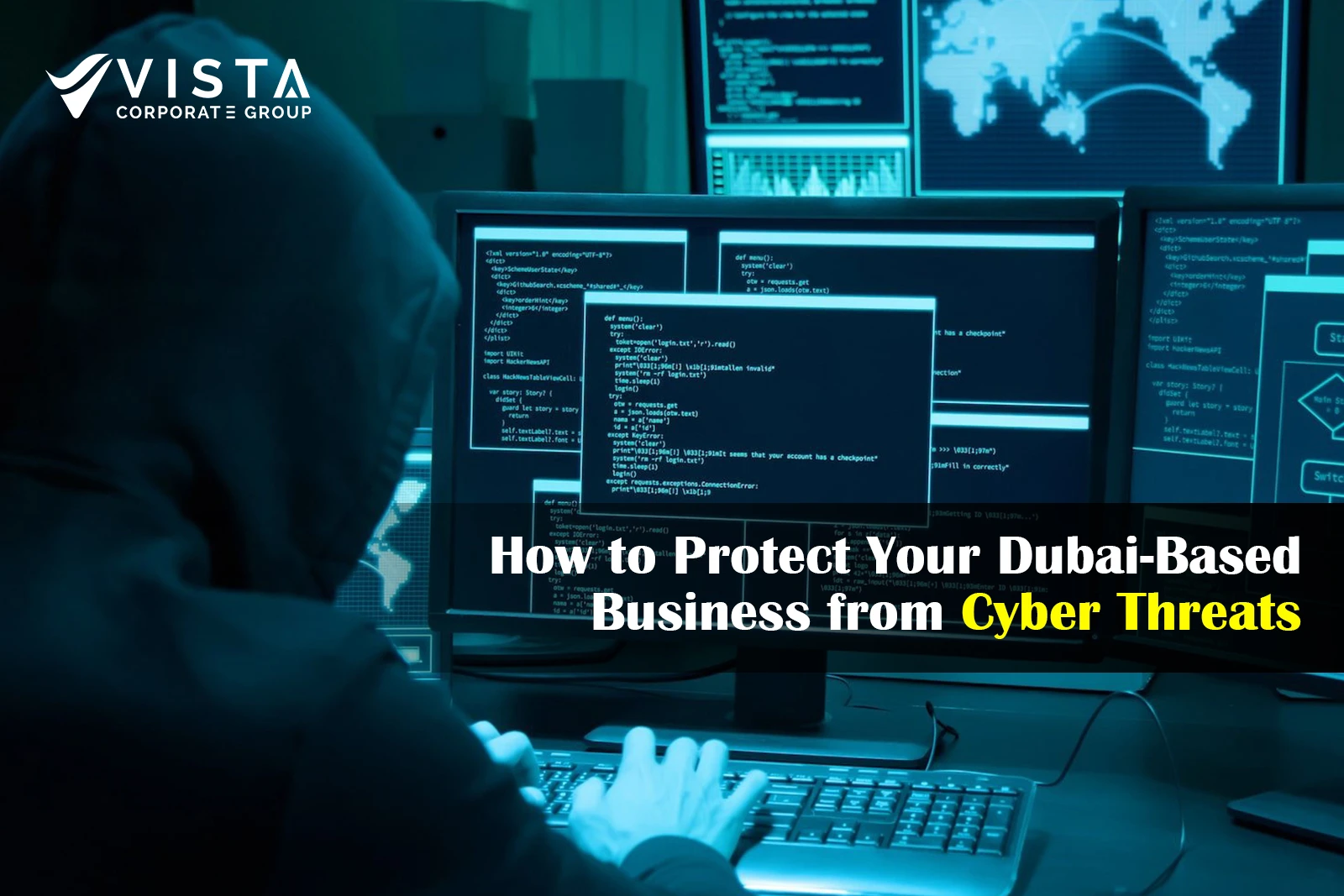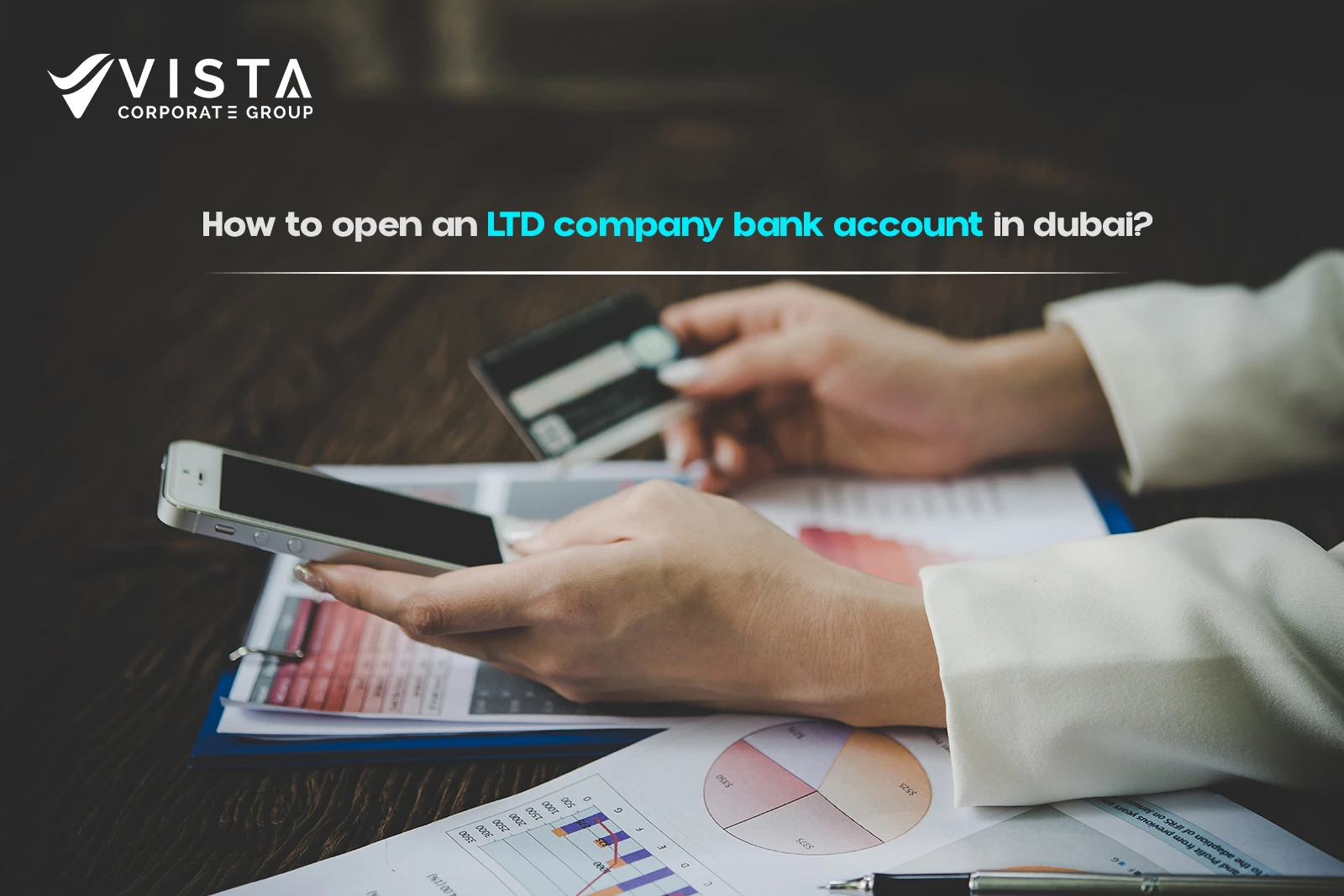
In the UAE, 47% of small and medium-sized businesses (SMEs) have experienced a cyberattack, with nearly 19% forced to close down and 18% filing for bankruptcy as a result. These aren’t just statistics; they’re real consequences faced by businesses in our community. Dubai’s rapid digital transformation has made it a prime target for cybercriminals. Whether you’re a startup or an established enterprise, a single cyberattack can lead to:
- Financial losses from ransom payments or system downtime.
- Reputational damage can risk customer trust.
- Legal consequences under the UAE’s stringent cybercrime laws.
- Permanent loss of critical data affecting operations.
This guide provides actionable steps to protect your business from digital threats and ensure compliance with UAE cybersecurity regulations. Because in today’s digital age, safeguarding your business isn’t just an option, it’s a necessity.
What Are Cyber Threats?
Cyber threats are malicious attempts to damage, disrupt, or gain unauthorised access to computer systems, networks, or data. The most common cyber threats include:
- Phishing – Fake emails that trick users into revealing sensitive information
- Malware – Malicious software like viruses, trojans, and spyware
- Ransomware – A type of malware that locks your files and demands a ransom
- Data breaches – Unauthorised access to confidential information
- DDoS attacks – Overloading servers to make systems unavailable
These attacks can target Dubai-based businesses of all sizes and across all industries.
Why Is Cybersecurity Especially Important in Dubai?
Dubai’s leadership in innovation, smart cities, and AI-based technologies makes it a highly digitalised economy, but also a prime target for cybercrime.
Here’s why cybersecurity is critical in the Dubai business environment:
- Strict laws under the UAE Cybercrime Law (Federal Decree-Law No. 34 of 2021)
- Mandatory data protection regulations under the Dubai Data Law
- High use of cloud computing and IoT (Internet of Things)
- Growing remote and hybrid work setups
- Reputation risk in a competitive market
According to the UAE Government Portal, the country has a dedicated Cybersecurity Council to enforce national security and resilience in the digital space.
Top 12 Cybersecurity Practices for Dubai-Based Businesses
Let’s explore how you can build a digital fortress around your company:
1. Enforce Strong Password Policies
- Use complex passwords (uppercase + lowercase + numbers + symbols)
- Avoid reused or common passwords like “123456”
- Use a password manager to store and generate secure passwords.
- Change passwords every 60–90 days.
Dubai Compliance Tip: Ensure admin accounts and payment systems have additional layers of protection, such as multi-factor authentication.
2. Keep Software and Operating Systems Updated
Outdated software = open doors for hackers. Always:
- Enable auto-updates for operating systems and antivirus software.
- Install patches released by vendors without delay.
- Update plug-ins, browser extensions, and firewalls regularly.
Hackers exploit old vulnerabilities, even in small tools or plugins.
3. Invest in Reliable Antivirus and Anti-Malware Tools
- Use enterprise-grade cybersecurity software.
- Schedule regular system scans.
- Get alerts for suspicious behaviour or downloads.
Make sure the tool offers real-time protection, especially if your team is working from different locations or using personal devices.
4. Set Up a Firewall and Intrusion Detection System (IDS)
Installing a firewall and an Intrusion Detection System (IDS) is critical for protecting your business network. A firewall acts as a barrier, blocking unauthorised access to your systems, while an IDS monitors traffic and alerts you to any suspicious activity. Both should be deployed at the network and server levels for maximum protection.
It’s important to use advanced firewalls with customised filtering rules tailored to your business operations. Additionally, regularly monitoring system logs for unusual behaviour can help you detect threats early and respond before they escalate.
5. Secure Your Wi-Fi Network
Unsecured Wi-Fi can become a hacker’s entry point.
- Use strong encryption (WPA3 preferred).
- Change the router’s default password and SSID.
- Set up a separate guest network.
- Disable WPS and remote access features.
6. Implement Multi-Factor Authentication (MFA)
Passwords alone are not enough. MFA adds a second layer, like:
- OTPs (One-Time Passwords)
- Mobile app verifications
- Biometric logins (fingerprint or facial recognition)
This is essential for email, banking portals, internal systems, and CRMs.
7. Educate and Train Your Employees
Your employees are your first line of defence against cyber threats, so ongoing education is essential. Conduct cybersecurity workshops at least twice a year to keep staff updated on the latest threats and safety practices. Simulating phishing attacks can be an effective way to test their awareness and response in real-world scenarios.
Reinforce learning by displaying posters and reminders around the office about safe email habits. Training should cover how to recognise fake links, spoofed domains, and suspicious attachments. Pro Tip: Make cybersecurity training a mandatory part of your employee onboarding process to build a strong security culture from day one.
8. Create Regular Data Backups
Ransomware attacks can lock your files, but a backup keeps your business going.
- Use automated daily backups.
- Store in multiple secure locations (cloud + offline)
- Test your backup system periodically.
- Encrypt backup files for added protection.
9. Limit Access Based on Roles
- Apply Role-Based Access Control (RBAC)
- Ensure that employees only access data relevant to their job roles.
- Revoke access immediately after someone leaves the company.
- Use logs to track who accessed what and when.
This minimises the chance of accidental data leaks or internal threats.
10. Secure Mobile and BYOD (Bring Your Own Device)
Dubai workplaces are flexible, and many employees use personal devices.
- Enforce device encryption and screen locks.
- Restrict access to company resources on unprotected devices.
- Use Mobile Device Management (MDM) solutions.
- Don’t allow public file-sharing apps like AirDrop on work networks.
11. Have a Cyber Incident Response Plan
If a cyberattack occurs, the last thing you want is confusion or panic. That’s why having a clear, well-documented cyber incident response plan is essential. This plan should outline who needs to be notified internally and externally, the exact steps to isolate and contain the breach, and how to restore affected systems using backups.
It should also cover your legal reporting obligations in Dubai, which may include notifying the Dubai Electronic Security Centre (DESC) or the Telecommunications and Digital Government Regulatory Authority (TDRA), depending on the nature of the breach. Additionally, having pre-drafted communication templates to quickly inform clients or stakeholders can help preserve trust and minimise reputational damage. A strong response plan ensures you react fast, stay compliant, and recover effectively.
12. Evaluate Third-Party Vendors
If your cloud storage or CRM provider is hacked, your business suffers as well.
- Choose vendors who comply with Dubai/UAE data security laws.
- Ask for their latest security audits.
- Restrict vendor access only to necessary systems.
- Include cybersecurity clauses in contracts.
Dubai-Specific Cybersecurity Regulations You Must Know
As per the UAE Government Portal:
- Federal Decree-Law No. 34 of 2021 on Combatting Rumours and Cybercrimes criminalises hacking, identity theft, and publishing harmful content online.
- Dubai Data Law mandates businesses to handle personal and sensitive data responsibly.
- The Cybersecurity Council of the UAE oversees and coordinates national cybersecurity initiatives.
- Dubai Electronic Security Centre (DESC) offers guidelines and services to help businesses secure their data.
Non-compliance can result in fines, blacklisting, or business closure.
Final Checklist for Business Cybersecurity in Dubai
✅ Strong password policies
✅ Regular software updates
✅ Firewall + IDS system
✅ Staff training & awareness
✅ Regular backups
✅ Mobile device security
✅ Vendor security reviews
✅ Incident response plan
✅ Compliance with UAE cyber laws
Conclusion: Protect Now or Pay Later
Cybersecurity is no longer optional; it’s a business necessity in Dubai. With the UAE government taking a strict stance on digital safety, every company, regardless of size or industry, must take cybersecurity seriously.
By implementing the strategies outlined in this guide, you’re not only protecting your data but also safeguarding your reputation, customer trust, and ability to operate legally and profitably in the UAE.
Start today. Audit your current systems, create a plan, train your team, and consult professionals if needed. Because in the digital age, the question is not if you’ll be targeted, but when.
FAQs – Cybersecurity for Dubai Businesses
1. What are the most common cyber threats faced by businesses in Dubai?
Dubai businesses are frequent targets of:
- Phishing attacks – Fake emails or messages to trick users into sharing passwords or clicking harmful links.
- Ransomware – Malware that locks access to data until a ransom is paid.
- Business Email Compromise (BEC) – Impersonating executives to request fake transactions.
- Data breaches – Unauthorised access to confidential data like customer or financial records.
- DDoS attacks – Overwhelming your website or servers to crash your systems.
Understanding these threats is crucial to choosing the right cybersecurity defences.
2. Is cybersecurity only necessary for large corporations in Dubai?
No. Small and mid-sized businesses (SMEs) are actually more vulnerable than big enterprises. That’s because they often don’t invest in full-time IT teams or enterprise-grade tools. In Dubai, even small businesses handle sensitive data, be it payment info, customer records, or supplier contracts, and that makes them prime targets.
3. What should I do if I suspect my business has been hacked?
Take these steps immediately:
- Disconnect affected systems from the internet.
- Notify your internal IT/security team or a trusted external cybersecurity provider.
- Document the incident and all suspicious behaviour.
- Inform local authorities such as the Dubai Electronic Security Centre (DESC) if required.
- Start recovery from secure backups if data is compromised.
- Update your incident response plan based on what you’ve learned.
Speed is everything in damage control.
4. What are my legal obligations if a data breach occurs in my company?
Under UAE Cybercrime Law and the Dubai Data Law:
- You may need to report the breach to relevant authorities, such as the DESC or the Cybersecurity Council.
- Notify affected individuals about it.
- Cooperate with investigations and demonstrate that security measures were in place.
- Non-compliance can result in fines, license suspension, or legal action.
These laws aim to protect both businesses and consumers in Dubai’s digital economy.
5. How often should I back up my data?
At least once per day. Backing up data daily, especially financial records, client information, or internal documents, ensures that if something goes wrong, you can recover quickly. Use a combination of:
- Cloud backups
- Offline external storage
- Automated backup systems
- Regular backup testing
Don’t forget to encrypt your backups for added security.
6. What should a cyber incident response plan include?
Your incident response plan should be a detailed playbook. It must outline:
- Who to contact (IT, management, legal teams, authorities)
- Immediate steps must be taken to isolate the threat and prevent further spread.
- Restoration process using backups
- Internal and external communication plans
- Post-incident review to strengthen your future defences.
A tested response plan saves time, money, and your company’s reputation.
7. Are free antivirus programs good enough for business use?
No. Free antivirus tools may be suitable for home use, but they often lack advanced threat detection, business-wide management features, real-time ransomware protection, and compliance support (especially for UAE regulations). Investing in a business-grade cybersecurity solution is not just smart, it’s necessary in today’s threat-heavy digital environment.
8. How can I secure employees who work remotely or in hybrid setups?
Here’s how to protect remote teams:
- Use VPNs for secure internet connections.
- Enforce multi-factor authentication (MFA) for all company tools.
- Install remote monitoring software on company-issued devices.
- Avoid public Wi-Fi or use a secure hotspot.
- Regularly train employees on cyber hygiene, especially phishing awareness.
Even one unsecured device can be an entry point for attackers.
9. Can I get cyber insurance for my business in Dubai?
Yes. Cyber insurance is increasingly common in the UAE and is highly recommended.
It can cover:
- Data breach response costs
- Legal expenses
- Customer notification and compensation
- System recovery
- Losses due to ransomware or business interruption
Before purchasing, make sure your insurer understands UAE regulatory requirements and the nature of your digital infrastructure.
10. How often should my team receive cybersecurity training?
Ideally, conduct comprehensive training every 6 months, with short monthly refreshers or alerts on trending threats. Make it part of the employee onboarding process as well. In a high-tech city like Dubai, attackers constantly evolve, and so should your employees’ awareness.




